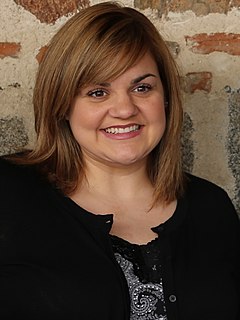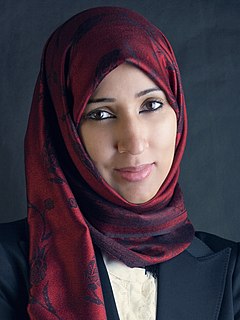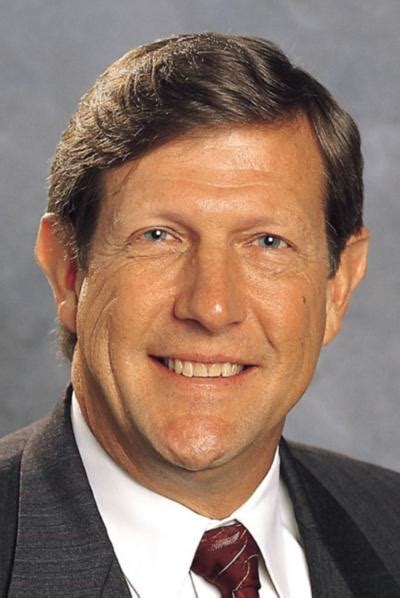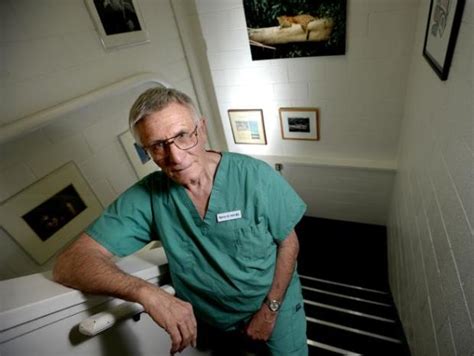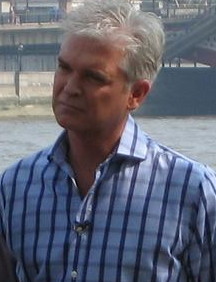A Quote by Dave Barry
I become faint and nauseous during even very minor medical procedures, such as making an appointment by phone.
Quote Topics
Related Quotes
I understand we have, you know, a very unique situation, a very volatile election, two very high-profile candidates. You want to be very careful about what you do. But, you know, my sense is always - this is with respect to any decision maker - and that is you have procedures in place, when you follow those procedures, you're more likely to get the right outcome and you're less likely to be second guessed simply because you have the procedures and you take away the argument that there are politics involved if you follow the procedures.
The methods that will most effectively minimize the ability of intruders to compromise information security are comprehensive user training and education. Enacting policies and procedures simply won't suffice. Even with oversight the policies and procedures may not be effective: my access to Motorola, Nokia, ATT, Sun depended upon the willingness of people to bypass policies and procedures that were in place for years before I compromised them successfully.
Curiously enough, the only two plays that I've done very much revision on were the two adaptations - even though the shape of them was pretty much determined by the original work. With my own plays, the only changes, aside from taking a speech out here, putting one in there (if I thought I dwelled on a point a little too long or didn't make it explicit enough), are very minor; but even though they're very minor - having to do with the inability of actors or the unwillingness of the director to go along with me - I've always regretted them.
It's hard to say conversation has become a minimal thing, because look at the rise of mobile communications in the last 10 years. It used to be only the President had a mobile phone. Now everyone on earth, even if they have nothing else, they have a cell phone. It's a larger anthropological shift in my mind than even the tattoo age in the United States.



